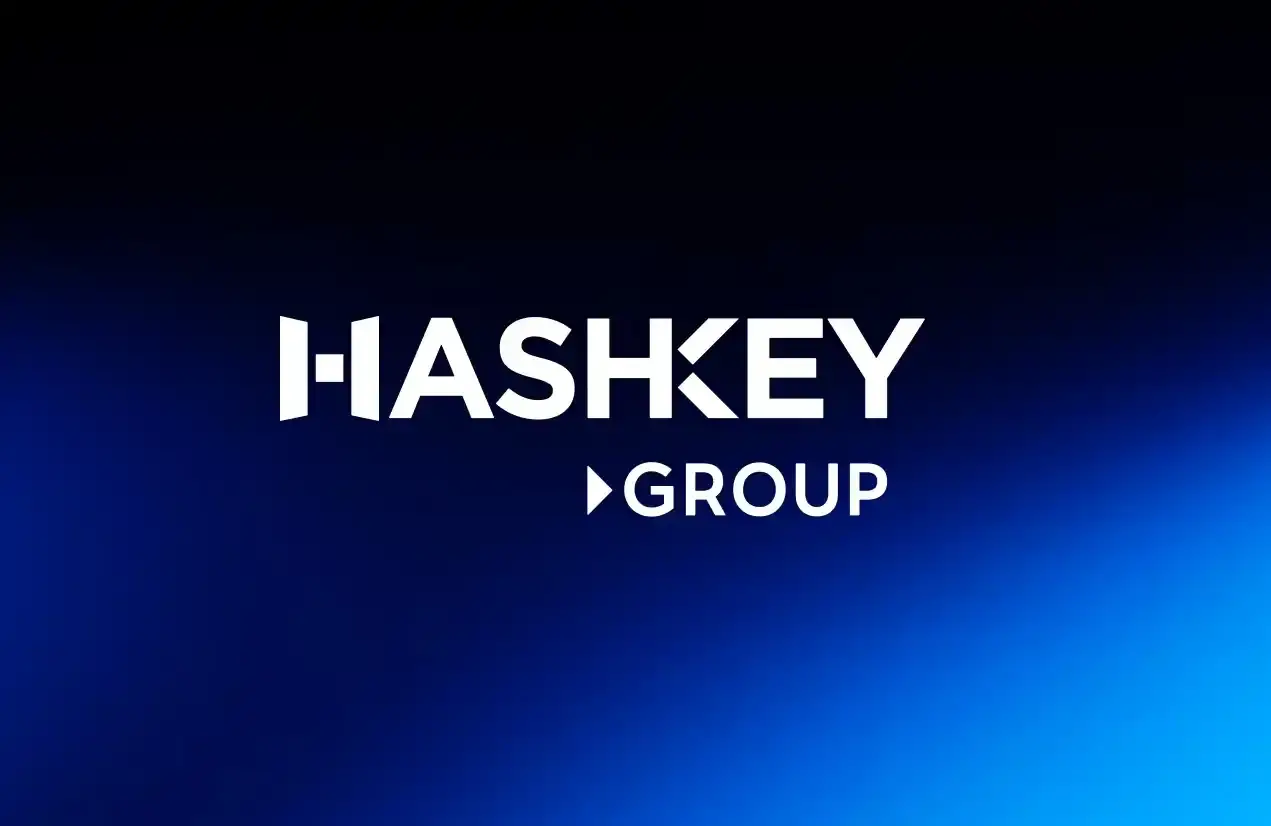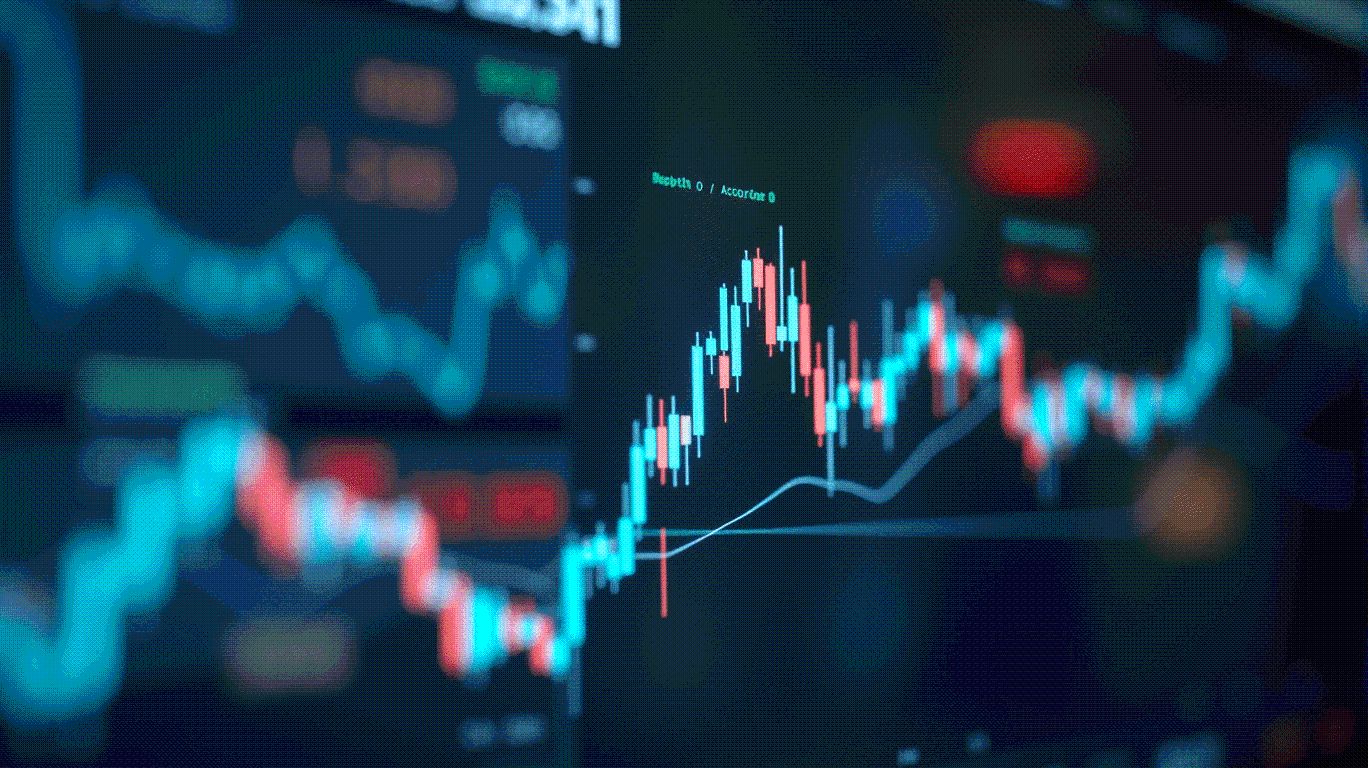Tether revises wind-down strategy for Omni, Bitcoin Cash SLP, Kusama, EOS, and Algorand
Key Takeaways
- Tether will discontinue direct USDT issuance and redemption on Omni Layer, Bitcoin Cash SLP, Kusama, EOS, and Algorand.
- The revised plan allows continued token transfers but removes official support and future redemptions on these blockchains.
Share this article
Tether has decided that it will no longer freeze smart contracts on Omni Layer, Bitcoin Cash SLP, Kusama, EOS, and Algorand after receiving feedback from the affected blockchain communities, according to a Friday statement .
The company will discontinue direct issuance and redemption services on the five legacy networks. Users can continue to transfer tokens between wallets on these networks, but the tokens will no longer receive official support like other Tether tokens.
The update modifies Tether’s July 2025 announcement , which planned to completely cease redemptions and freeze USDT tokens on the five blockchains starting September 1, 2025.
“Tether’s decision follows a comprehensive review of blockchain usage data, market demand, and feedback from community stakeholders and infrastructure partners. While these networks played a foundational role in Tether’s early growth, the volume of USDT circulating on them has declined significantly over the past two years,” Tether stated in the July announcement.
Tether CEO Paolo Ardoino said at the time that the company wanted to stay relevant and efficient as the industry continued to change and grow. He noted that ending support for those blockchains would allow Tether to focus its resources on more active, scalable, and widely used networks.
Tether is expanding support for layer 2 networks, including the Lightning Network, and other emerging blockchains offering improved interoperability and speed.
On Thursday, the company said it would launch USDT on the RGB Protocol , enhancing the Bitcoin ecosystem with private, scalable, and flexible smart contracts.
The move, following RGB’s debut on the Bitcoin mainnet, which supports various tokenized assets and leverages the Lightning Network, marks USDT as the first major token to use RGB’s client-side validation for enhanced privacy and efficient transactions.
Share this article
Disclaimer: The content of this article solely reflects the author's opinion and does not represent the platform in any capacity. This article is not intended to serve as a reference for making investment decisions.
You may also like
Xiao Feng's Full Speech at Bitcoin Asia 2025: DAT is More Suitable for Crypto Assets than ETF
DAT may be the best way for crypto assets to move from Onchain to OffChain.

Gold's Psychological Edge: How Behavioral Economics Drives GLD's Resilience in Turbulent Times
- Gold prices surged 26% in H1 2025, with GLD mirroring gains as behavioral economics explains risk-averse investor shifts. - The reflection effect drives demand for GLD during volatility, as geopolitical tensions and dollar weakness trigger loss-aversion strategies. - Central banks purchased 710 tonnes of gold quarterly in 2025, reinforcing GLD's role as a hedge against stagflation and currency devaluation. - GLD attracted 397 tonnes of inflows by June 2025, with Chinese ETF holdings rising 70%, reflectin

CME XRP Futures: A New Benchmark for Institutional Crypto Adoption
- CME Group's XRP futures reached $1B open interest in 3 months, fastest growth among crypto derivatives. - Ripple-SEC settlement in May 2025 classified XRP as a commodity, enabling institutional adoption via CFTC-aligned futures. - XRP's cross-border payment utility distinguishes it from Bitcoin/Ethereum, attracting diversified institutional strategies. - Micro contracts and $9.02B cumulative volume highlight XRP's role as a liquid, regulated crypto benchmark. - 78% prediction market odds of U.S. XRP ETF

Legal Regimes and the Hidden Value of Corporate Transparency: How French Civil Law Shapes ESG Investing and Global Equity Strategies
- French Civil Law (FCL) jurisdictions enhance investor trust through real-time transparency in ownership structures, reducing information asymmetry compared to Common Law (CL) self-reported disclosures. - FCL systems like Quebec’s REQ deliver higher-value, shorter disclosures via legal mandates, correlating with 15% lower equity volatility and stronger ESG scores for firms in these regimes. - ESG investors benefit from FCL’s ex-ante governance frameworks, which enforce stakeholder protections and align wi

